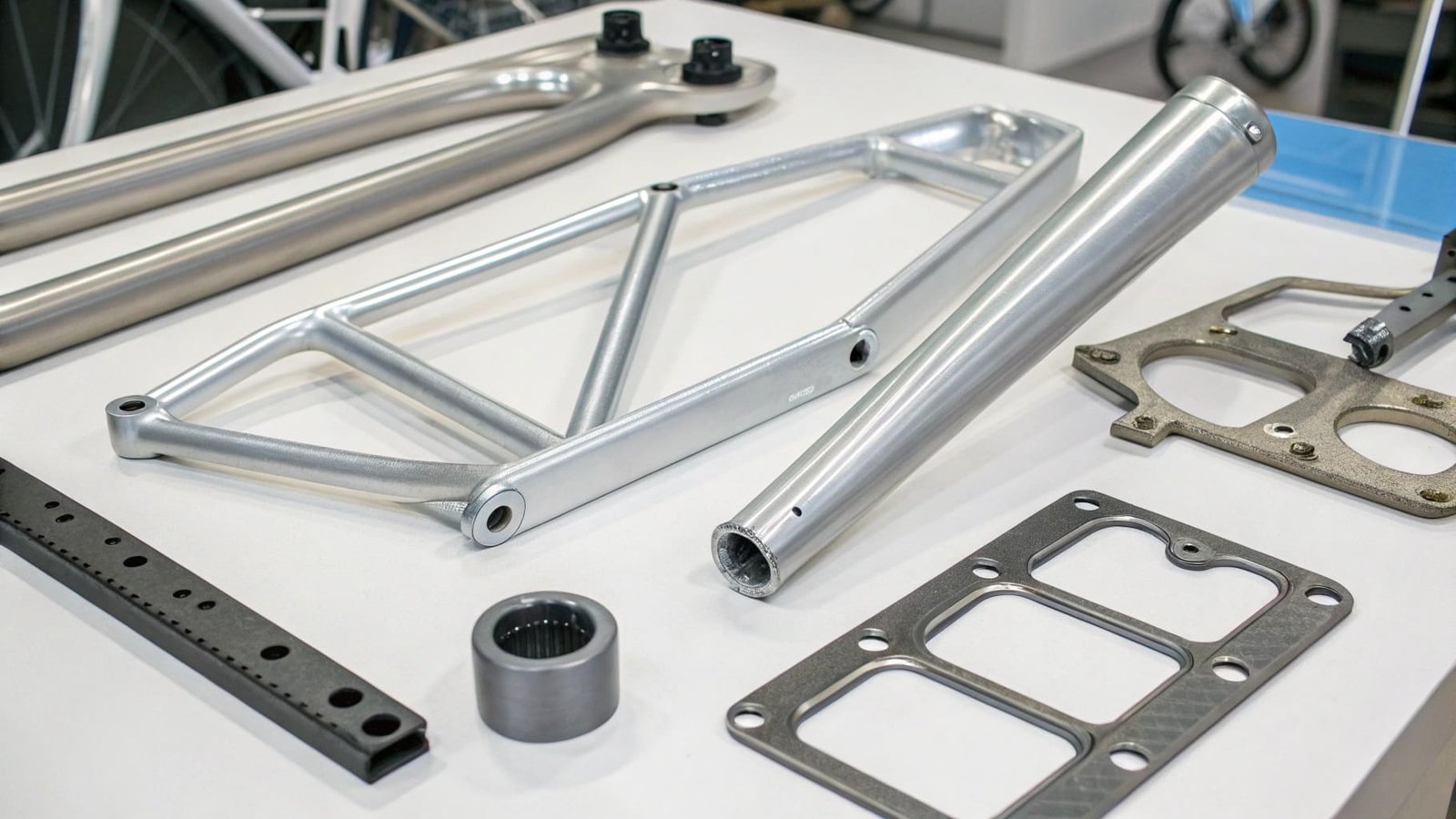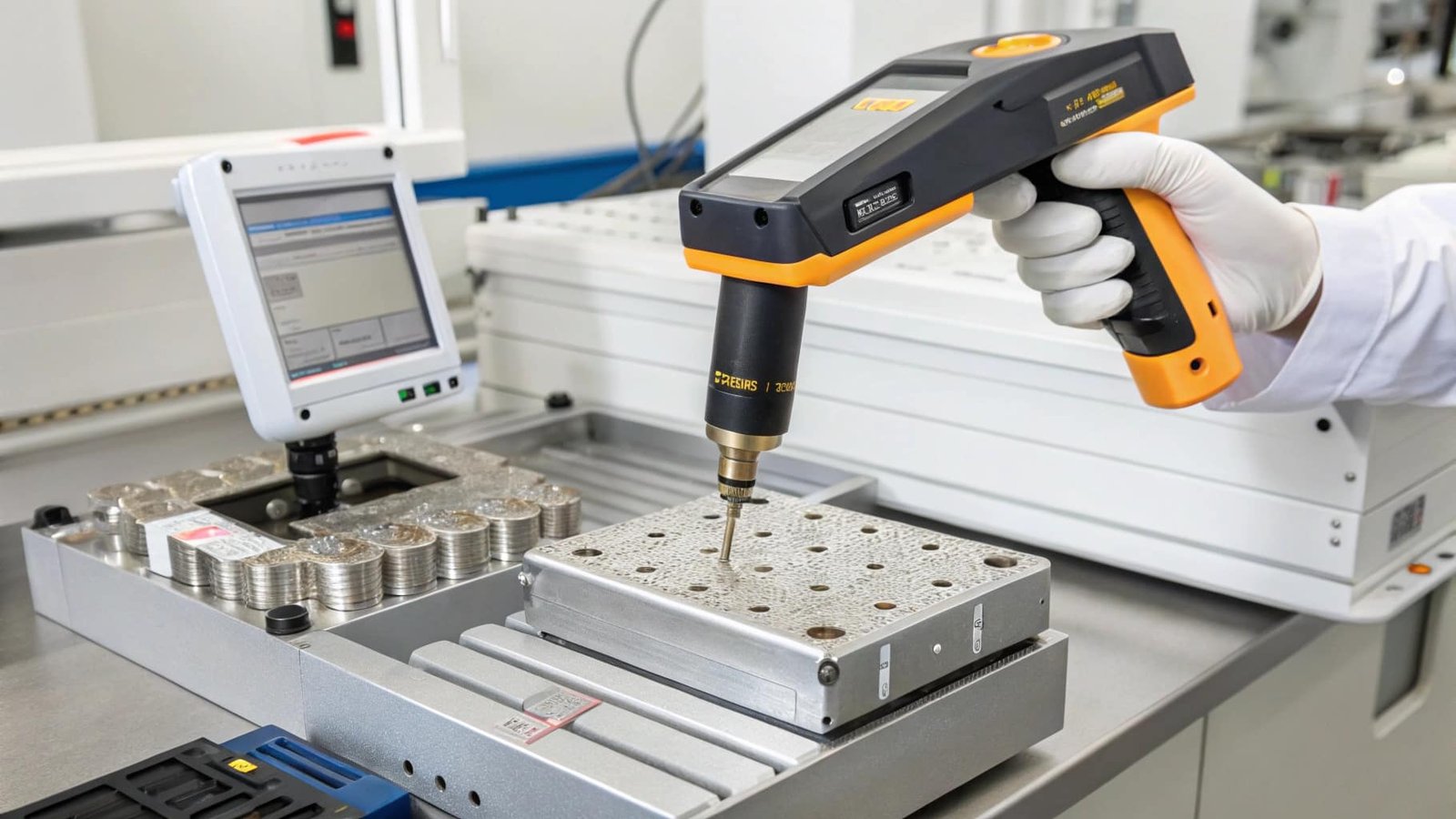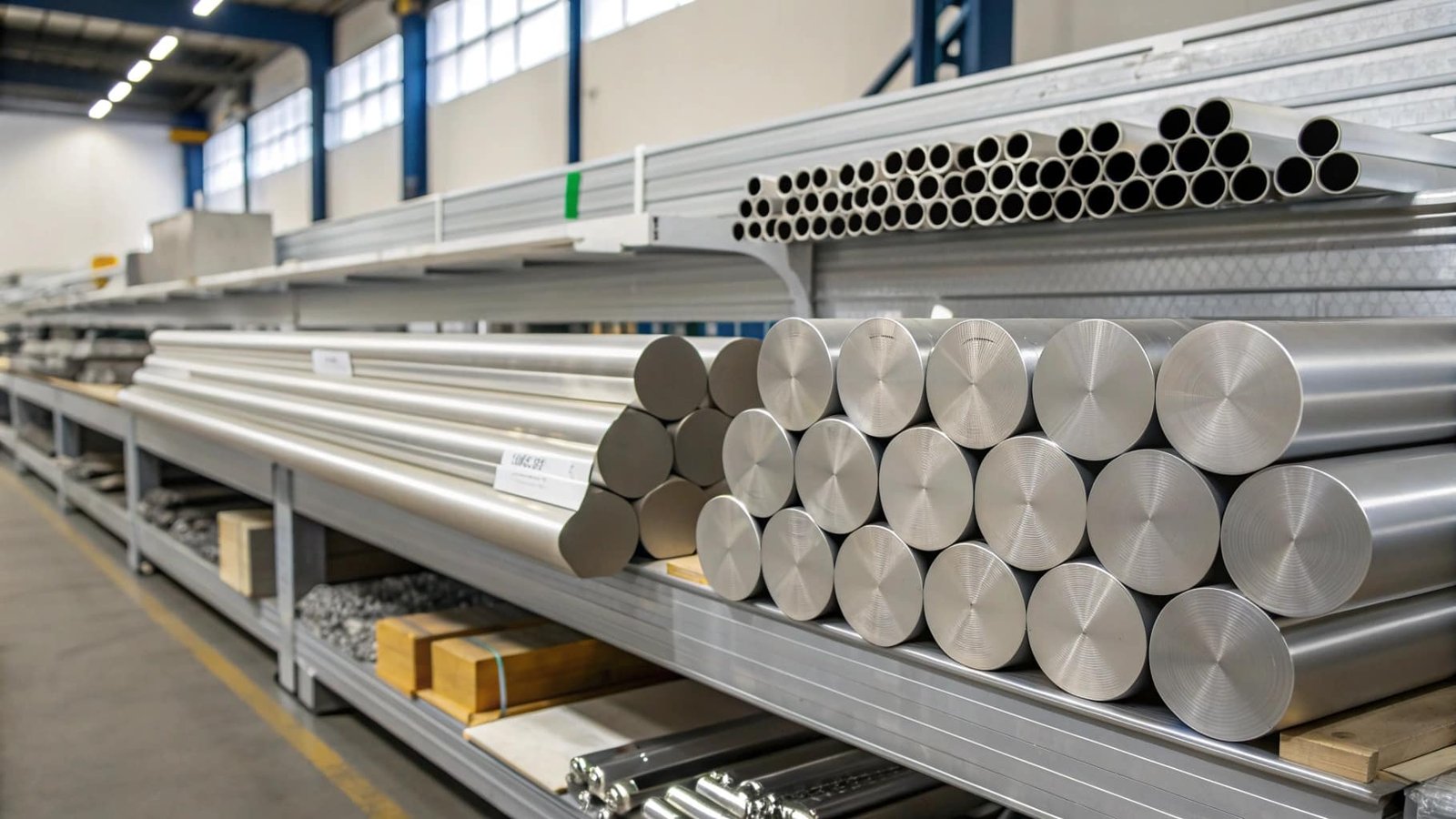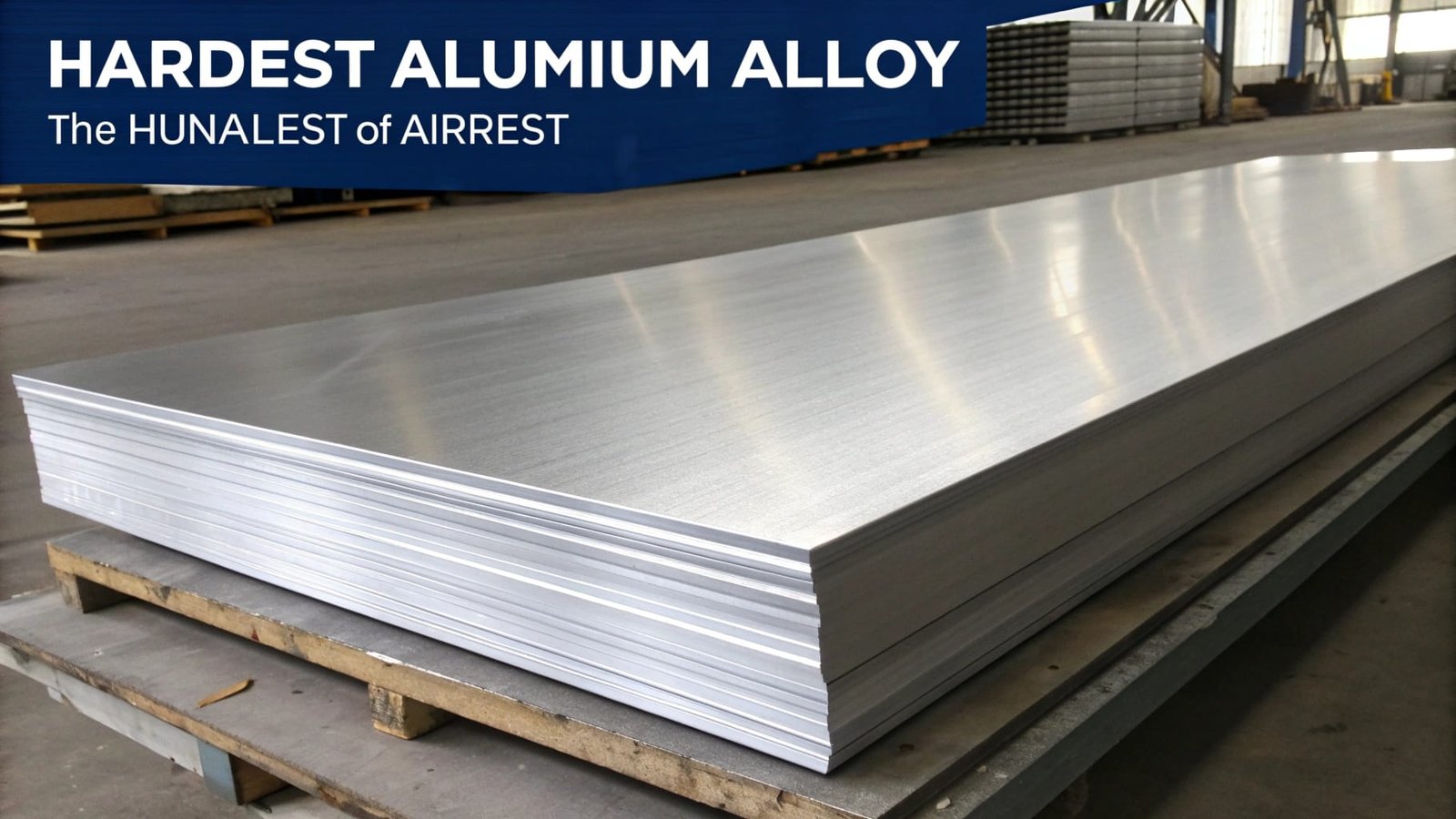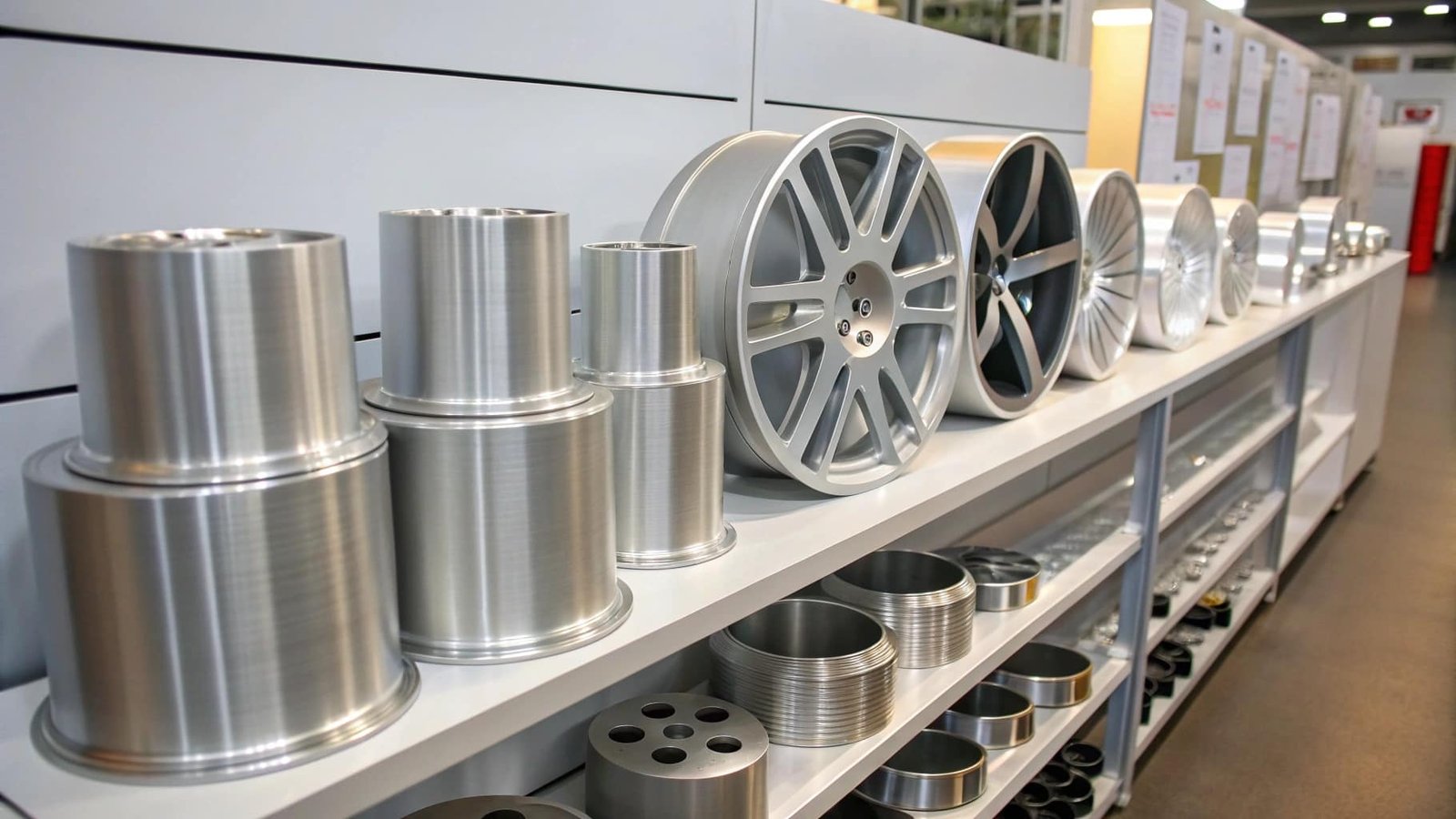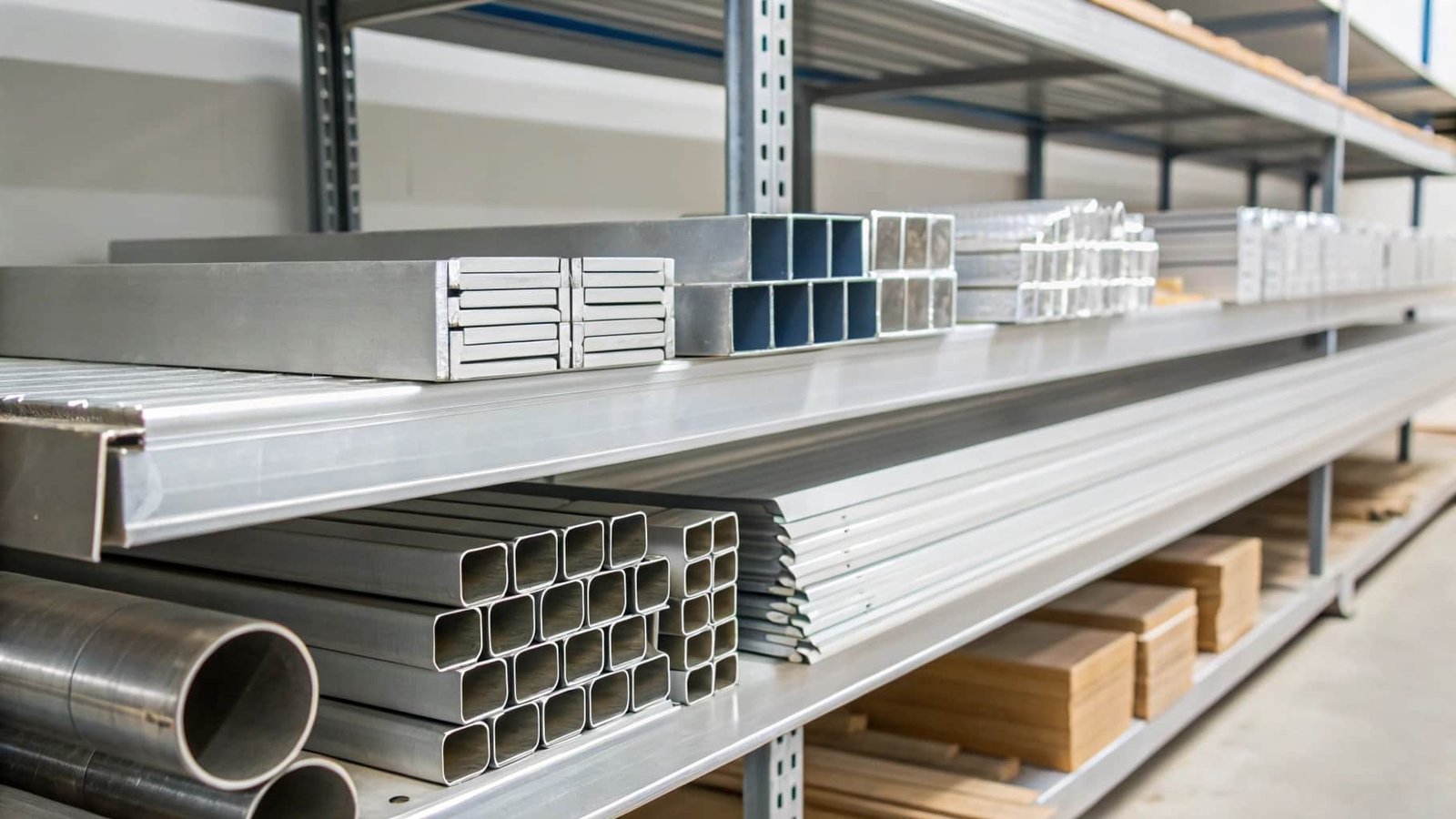Are standard aluminum round bars1 limiting the performance of your critical applications? Discover how SWA Forging's precision 3D components offer unparalleled strength and integrated solutions.
When the linear form and material properties of standard aluminum round bars fall short for your high-demand applications, SWA Forging's precision-forged 3D components offer significantly superior strength, optimized grain structure, and integrated functionality.
Many clients at SWA Forging begin by looking at aluminum round bars as a material base. These bars are a versatile starting point for countless components, providing a uniform cross-section ideal for machining shafts, pins, fasteners, and simple structural elements. Their advantage lies in their ready availability and ease of processing for basic shapes. However, when applications demand exceptional mechanical performance, such as high tensile strength, superior fatigue resistance, or the ability to withstand complex stress loads, the limitations of a simple round bar become apparent. Achieving intricate geometries, consolidating multiple parts, or optimizing the material’s grain flow to match specific stress paths often requires extensive machining or assembly, which can introduce weaknesses. At SWA Forging, we elevate the performance of aluminum by using precision forging. We transform high-quality aluminum alloys, often starting with bar stock, into complex, monolithic 3D components. This process refines the grain structure, aligns it precisely with the component’s design, and significantly boosts its strength and reliability for critical applications where standard bars simply won't suffice.
Is forged aluminum stronger than steel?
Forged aluminum can achieve tensile strengths that rival certain steels, but the comparison depends on specific alloys, heat treatments, and how "strength" is measured.
While steel generally offers higher absolute strength and hardness, forged aluminum, particularly high-strength alloys like 7075 in a T6 temper, can possess comparable or even superior tensile strength-to-weight ratios and excellent fatigue strength, making it advantageous for weight-sensitive, high-performance applications.
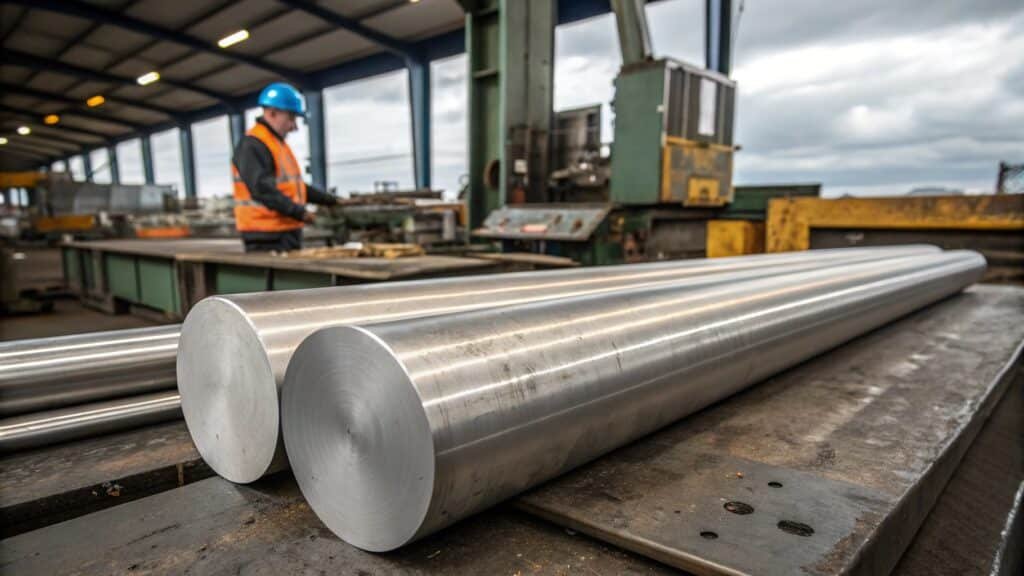
Clients at SWA Forging often ask about how forged aluminum compares to steel, especially when they need high performance. It’s a common misconception that steel is always stronger. Forged aluminum, like our 7075 alloy2, can reach tensile strengths of around 530 MPa (77,000 psi) or more when properly heat-treated. Some medium-strength steels might fall within a similar range or slightly higher. However, aluminum is about three times less dense than steel. This means that for the same volume, steel is generally stronger in absolute terms. But, for the same weight, forged aluminum is often significantly stronger. This superior strength-to-weight ratio is crucial in industries like aerospace and performance automotive, where reducing mass is as important as maintaining structural integrity. Furthermore, the forging process itself aligns the aluminum's grain structure to follow the component’s contours, significantly enhancing its toughness and resistance to fracture under dynamic loads, often outperforming steel in fatigue life for specific designs.
Comparing forged aluminum and steel:
- Strength-to-Weight Ratio: Forged aluminum excels here, offering high strength with low density.
- Absolute Strength: High-strength steels typically have higher tensile and yield strength per unit volume.
- Hardness and Wear Resistance: Steel generally offers superior hardness.
- Temperature Performance: Steel maintains its strength at much higher temperatures than aluminum.
- Forging Benefits: Forging optimizes aluminum's grain structure for enhanced toughness and fatigue life.
The choice depends on prioritizing weight savings versus absolute strength or temperature resistance.
What is the best aluminum for forging?
The "best" aluminum alloy for forging depends on the application's specific requirements for strength, corrosion resistance, weldability, and cost.
For applications demanding the highest strength, alloys from the 7000 series, such as 7075 and 7050, are often considered the best for forging due to their excellent heat-treatable properties. For a balance of good strength, corrosion resistance, and excellent machinability, 6061 is a very popular and versatile choice for forging.
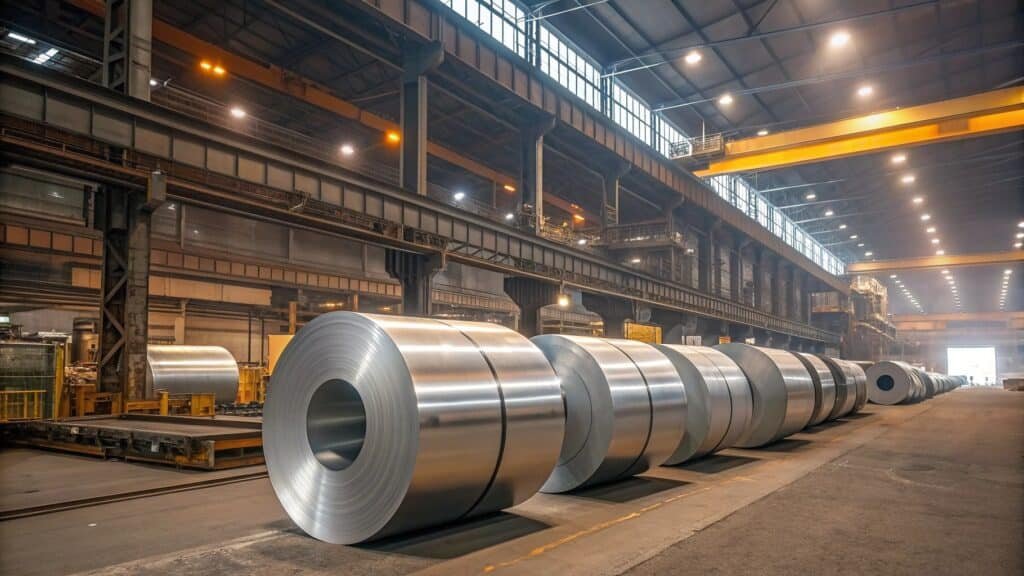
At SWA Forging, we work with a range of aluminum alloys, and understanding which alloy is best for forging is critical to delivering optimal components. For aerospace and defense applications where extreme strength and fatigue life are paramount, the 7000 series, particularly 7075 and 7050, are top choices. These zinc-based alloys respond exceptionally well to heat treatment after forging, achieving strengths that rival many steels, making them ideal for critical structural parts. For more general industrial applications, or where weldability and better corrosion resistance are important alongside good strength, 6061 is an excellent choice. It's highly amenable to the forging process and provides a reliable balance of properties. We also utilize other series like 2000-series alloys (copper-bearing) for specific high-strength needs, and 5000-series (magnesium-bearing) for good strength and excellent corrosion resistance, especially in marine environments. The selection is always driven by the precise performance criteria of the end product.
Key aluminum alloys for forging:
- 7075: Highest strength, excellent for aerospace, often used for structural parts.
- 7050: Similar strength to 7075, with improved fracture toughness and stress corrosion cracking resistance.
- 6061: Versatile, good strength, excellent corrosion resistance, good weldability and machinability.
- 2xxx Series (e.g., 2024): High strength, good fatigue resistance, often used in aerospace.
- 5xxx Series (e.g., 5083): Good strength, excellent corrosion resistance, good for marine applications.
The optimal alloy depends on a careful evaluation of the application's demands.
What is an advantage of using a high strength aluminum alloy for certain applications?
Using high-strength aluminum alloys offers significant advantages, primarily related to weight reduction and improved performance in demanding structural roles.
An advantage of using high-strength aluminum alloys is the substantial weight savings they provide compared to steel or lower-strength aluminum, enabling greater fuel efficiency in vehicles, improved payload capacity in aircraft, and easier handling of components, while still meeting critical strength and durability requirements.
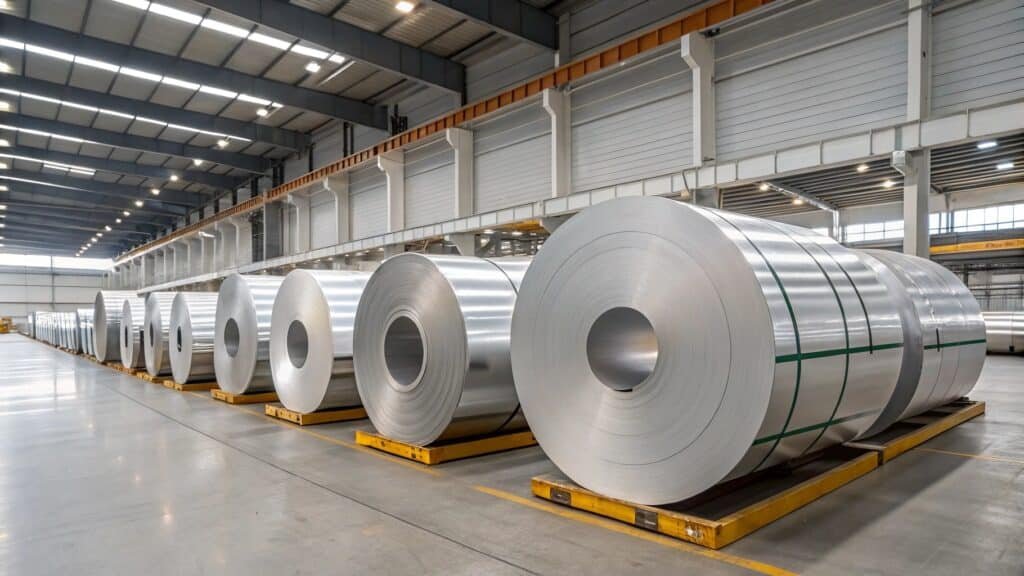
For our clients at SWA Forging, the primary driver for choosing high-strength aluminum alloys, such as the 7000 series we often forge, is the ability to create parts that are both incredibly strong and remarkably lightweight. In industries like aerospace, every kilogram saved translates directly into fuel efficiency or increased payload. Similarly, in automotive design, lighter components improve acceleration, braking, and overall handling. A high-strength aluminum alloy can often replace a heavier steel component with a lighter aluminum one of comparable or even superior strength, especially when that aluminum is precision forged to optimize its grain structure. This means that while the cost per pound of the alloy might be higher, the overall benefits in terms of system performance, fuel economy, and reduced material usage for a given strength requirement can make it a highly advantageous choice. Our forging process ensures that these high-strength alloys are utilized to their fullest potential, creating parts that are robust, reliable, and contribute to overall system efficiency.
Key advantages of high-strength aluminum alloys:
- Weight Reduction: Significantly lighter than steel and even lower-strength aluminum alloys.
- Performance Enhancement: Improved fuel efficiency, speed, and maneuverability in transport applications.
- Increased Payload: Lighter structures allow for carrying more.
- Design Flexibility: Allows for more complex or integrated designs due to good strength characteristics.
- Fatigue Resistance: When forged, these alloys can offer excellent resistance to repeated stress cycles.
These benefits are crucial for high-performance and efficiency-driven industries.
What is the strength of forged aluminum?
The strength of forged aluminum varies greatly depending on the specific alloy, its temper (heat treatment), and the forging process itself.
Forged aluminum alloys can exhibit a wide range of strengths, with high-strength alloys like 7075-T6 achieving tensile strengths exceeding 530 MPa (77,000 psi). The forging process itself refines the grain structure, significantly enhancing toughness and fatigue strength compared to the same alloy in cast or simply machined forms.

At SWA Forging, we engineer strength into every component. When we talk about the strength of forged aluminum, we’re referring to its mechanical properties, which are carefully controlled. For instance, a 6061-T6 forged component will have a tensile strength of around 310 MPa (45,000 psi). In contrast, a 7075-T6 forged part can reach upwards of 530 MPa (77,000 psi). These figures represent the ultimate tensile strength, the maximum stress the material can withstand before breaking. We also consider yield strength, which is the stress at which the material begins to deform permanently. Beyond these basic measures, forging is critical for improving toughness and fatigue life. By aligning the grain structure, forged parts are much more resistant to cracking under cyclic loading than cast parts, even if they have similar tensile strengths on paper. This is why our clients choose SWA Forging for applications where reliability and longevity under stress are absolutely essential.
Strength metrics for forged aluminum:
- Tensile Strength: The maximum stress before fracture.
- Yield Strength: The stress at which plastic deformation begins.
- Fatigue Strength: Resistance to failure under repeated stress cycles.
- Toughness: Ability to absorb energy and deform plastically before fracturing.
These properties are alloy- and temper-dependent, and enhanced by the forging process.
Conclusion
When standard aluminum round bars limit your application's potential, SWA Forging’s precision 3D components offer a superior solution, delivering enhanced strength and reliability through advanced aluminum forging techniques.


